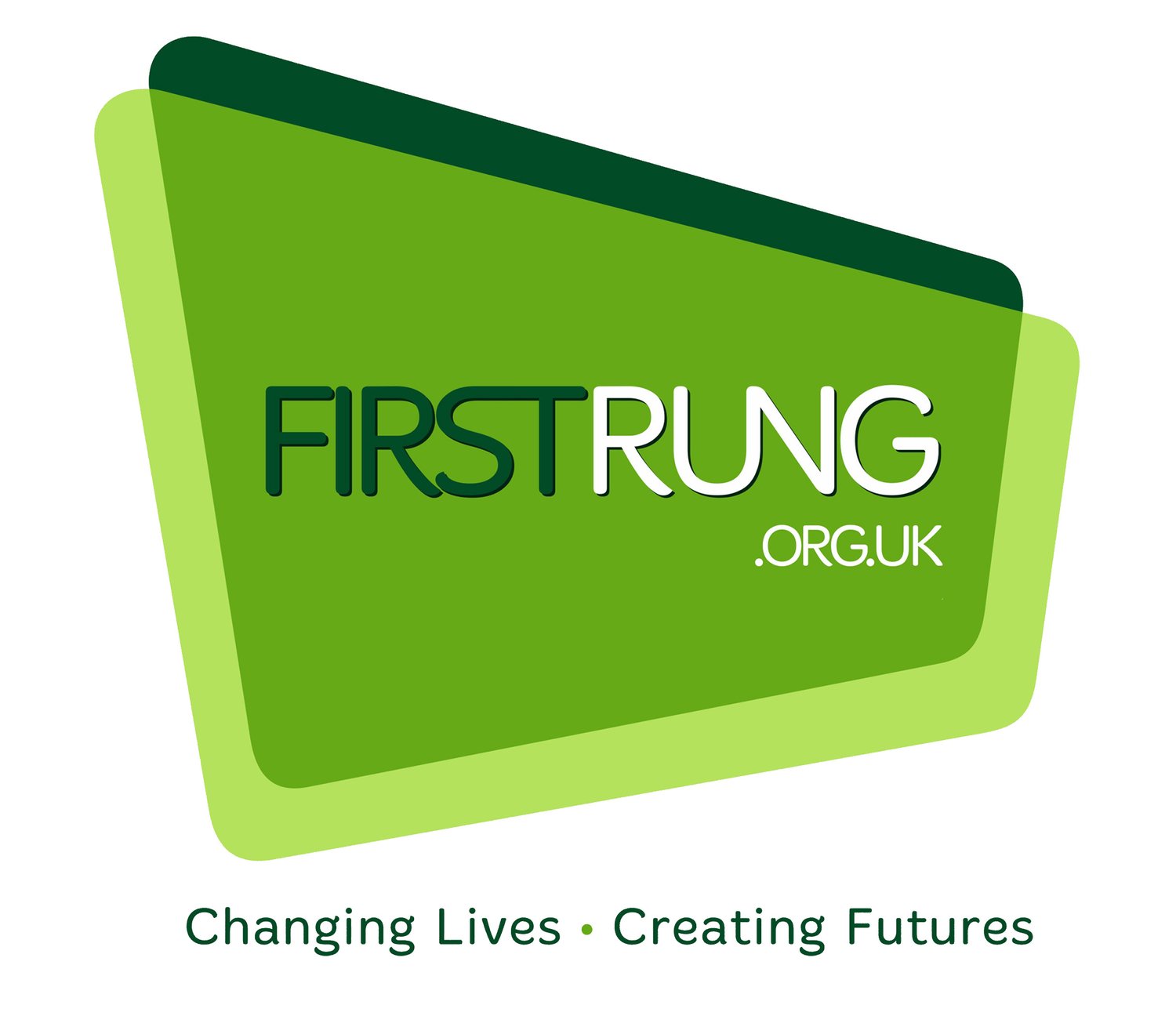Level 3 Adult course in Health and Social care
Get on the career ladder with First Rung
The First Rung Adult Skills Programme provides opportunities for unemployed adults to undertake a rewarding career in helping and supporting others. Participants undertake the Level 3 Certificate in Health and Social Care which is designed for people who are looking to work with clients of any age in health and social care. This qualification is suitable for a range of different career paths in settings such as:
Day centres
Children’s centres
Health centres
Supported accommodation
Respite care
Residential schools
Special education needs schools
Residential care homes
Nursing homes
Career and progression opportunities
The qualification supports candidates in progressing to a range of roles in the health and social care sector including:
· Care Support Workers in adult residential settings
· Healthcare Assistants in community, primary care and acute health environments
· Care Support Workers in domiciliary services, supported living or day services.
· Special educational needs support workers.
· Community-based Support Workers
Candidates who achieve the level 3 certificate can also undertake the Extended Diploma in Health and Social Care which enables them to progress to higher education.
Course content and assessment
Learners must complete and pass 9 mandatory units which cover the following areas:
Equality, diversity and rights in health and social care
Human growth and development
Safeguarding in health and social care
Communication in health and social care Infection prevention and control in health
Psychological perspectives in health and social care
Sociological perspectives in health and social care
Working in health and social care
Reflective practice
All mandatory units are graded A-D with one unit being marked externally
Eligibility
To qualify for the programme, candidates must be unemployed or earning less than the London living wage (£13.85). They must have good reading and writing skills and be capable of achieving Functional Skills English at level 2.
Programme duration
The programme has a duration of up to 12 months.
Joining the programme
If you would like to join the programme or find out more, please contact please contact Beverley Woodhouse on 07805 980150 / marketing@firstrung.org.uk
-
Yes, you can pursue Health & Social Care without GCSEs. Here's how:
Screening Assessment
: You'll complete a screening assessment during your interview to evaluate your current skills and knowledge.
Maths and English Courses
: You can enrol in maths and English courses at First Rung while studying for your Level 2 Health and Social Care qualification.
This pathway allows you to start your Health & Social Care training and work towards gaining essential qualifications simultaneously.
-
With a health and social care qualification, you can pursue various roles across healthcare, social services, and community support. Here are some common job opportunities:
Care Worker
: Providing personal care and support to individuals in residential homes, nursing homes, or their own homes.
Support Worker
: Assisting individuals with disabilities, mental health issues, or learning difficulties to live independently.
Healthcare Assistant
: Supporting nurses and doctors in hospitals, clinics, or community settings.
Social Worker
: Working with vulnerable individuals and families to provide support, advice, and protection.
Youth Worker
: Supporting young people through social, educational, and recreational activities.
Community Support Worker
: Assisting individuals and families with accessing community resources and services.
Residential Support Worker
: Working in residential care settings to support residents with daily activities and personal care.
Mental Health Support Worker
: Assisting individuals with mental health conditions in managing their daily lives and accessing treatment.
Further education and specialisation can lead to advanced roles such as nursing, social work, or therapeutic practices.

